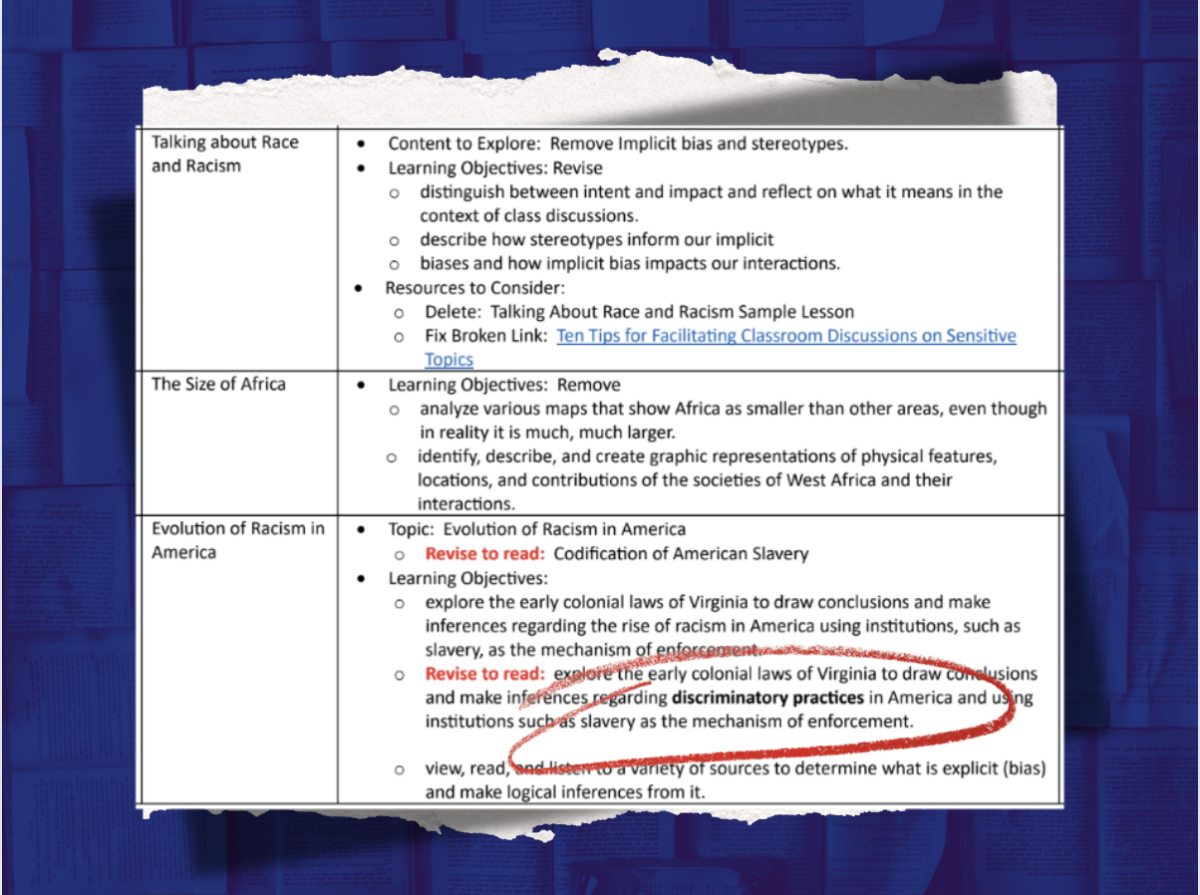
Virginia Governor Glenn Youngkin’s Anti-Critical Race Theory Tip Line
American Oversight is investigating the system set up by Virginia Gov. Glenn Youngkin’s administration to collect reports of “divisive” topics being taught in Virginia schools, part of the wider trend of conservative campaigns meant to stifle classroom discussion and threaten public education.

In January 2022, newly elected Virginia Gov. Glenn Youngkin established a tip line inviting concerned parents to report when their children were taught supposedly “divisive” subjects at school, which could include topics related to systemic racism or current and historical inequality. The initiative parallels wider efforts by right-wing leaders across the country to build support among their base by stifling discussion of such topics in the classroom, in what many have criticized as an attempt to exert political control over or even weaken public education.
The governor’s office promoted the tip line’s email address as a vehicle to enforce Youngkin’s first executive order, which he signed upon taking office on Jan. 15, to “end the use of inherently divisive concepts, including Critical Race Theory” in K-12 schools. The executive order does not define critical race theory, or CRT, which is an academic framework not formally taught in any K-12 school curricula. The term has become a buzzword among conservatives that has been used to describe almost any acknowledgment of racial inequality in U.S. history or current events. Rhetoric criticizing CRT was a key feature of Youngkin’s election campaign.
Educational organizations called on the governor in early February to shut down the tip line, citing concerns that the channel would burden educators and increase tensions between teachers and parents. In mid-March, the state’s Association of School Superintendents, representing 133 school division superintendents, wrote a letter to Youngkin asking that he get rid of the tip line.
Despite multiple public records requests from news outlets, Youngkin refused to release records of tip line submissions, claiming that those and select other documents related to the executive order may be withheld under existing exemptions protecting the governor’s “working papers and correspondence.”
In April, more than a dozen media outlets filed a lawsuit in Richmond Circuit Court contending that the governor’s office was violating public records law by withholding tip line emails, in part because the supposedly confidential records had been shared with external and non-government entities like the right-wing American Enterprise Institute. While the administration did release some documents related to the implementation of the executive order and its correspondence with AEI, records of tip line submissions remain withheld.
American Oversight has filed multiple open records requests to the governor’s office and the Virginia Department of Education, seeking records that would provide further information about the tip line and how it is being used by Youngkin’s administration.
In August, after the governor’s office refused to turn over many of the requested records, American Oversight filed a lawsuit seeking the release of documents that could reveal how Youngkin and his staff used the tip line and what, if anything, officials did in response to tips that were submitted.
We requested emails sent from the tip line address or by employees in the governor’s office in response to tips; communications and records related to Executive Order 1; policies regarding the tip line and statistics on the number and types of tips received; communications with conservative organizations since Jan. 15; and related correspondence among Department of Education officials, including with school boards and districts. Our investigation seeks to determine the extent to which the tip line is being used by the administration to restrict classroom discussions or to retaliate against teachers who address issues like racism and inequality.




